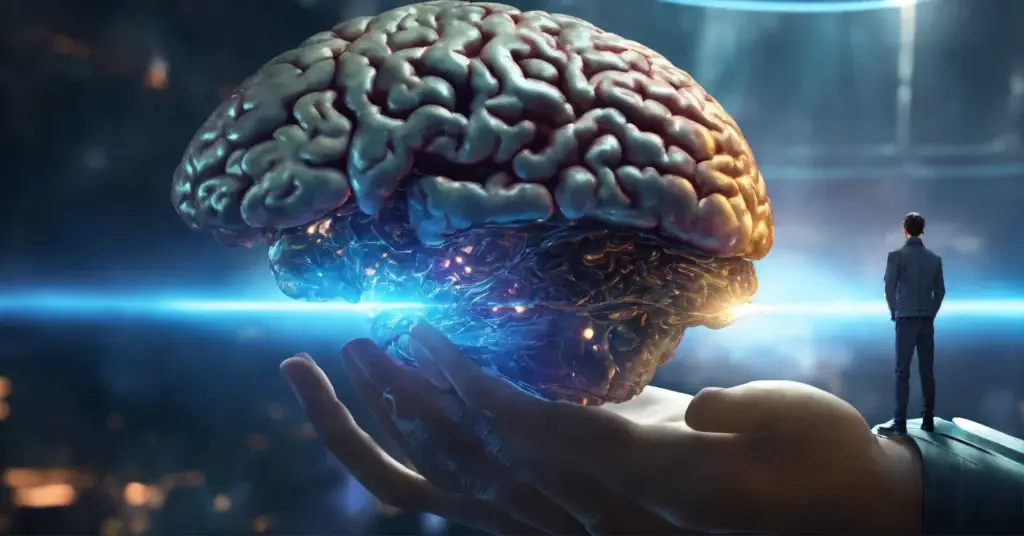Understanding the Link Between Depression and Memory Loss
Depression is more than feeling sad—it’s a condition that profoundly affects the mind and body. A lesser-known consequence of depression is memory loss, which can make everyday life feel even more overwhelming. But how does depression contribute to this cognitive decline? Let’s explore.
What is Depression?
Definition and Symptoms
Depression is a mental health disorder characterized by persistent feelings of sadness, hopelessness, and a lack of interest in activities once enjoyed. It’s more than just occasional moodiness; it disrupts daily life and impairs cognitive functions like memory and concentration. Symptoms often include:
- Fatigue and low energy.
- Difficulty sleeping or oversleeping.
- Persistent feelings of worthlessness or guilt.
- Trouble focusing or making decisions.
Prevalence and Impact on Mental Health
Globally, depression affects over 280 million people. It’s a leading cause of disability, according to the World Health Organization (WHO). The condition doesn’t just affect emotions—it takes a toll on cognitive processes like memory, making simple tasks feel insurmountable.
Memory Loss Explained
Types of Memory (Short-Term vs. Long-Term)
Memory is categorized into short-term and long-term types. Short-term memory helps you retain information for a brief period, like remembering a phone number before dialing it. Long-term memory involves storing information for extended periods, from weeks to years.
Memory Loss vs. Forgetfulness
While everyone forgets things occasionally, memory loss associated with depression is more severe. Forgetfulness is natural and often improves with rest, but memory loss due to depression stems from deeper cognitive disruptions.
How Depression Affects Memory
Cognitive Impairment in Depression
Depression clouds cognitive functions, making it harder to think clearly or retain information. Individuals with depression often report brain fog—a feeling of mental sluggishness that directly impacts memory recall.
Stress Hormones and Brain Function
Chronic depression triggers the release of stress hormones, especially cortisol. Elevated cortisol levels disrupt neural pathways in the brain responsible for memory and learning.
Hippocampus and Memory Processing
The hippocampus, a region in the brain critical for memory, shrinks under prolonged stress and depression. Studies have found that this structural change impairs the brain’s ability to form and retrieve memories.
Types of Memory Issues Linked to Depression
Short-Term Memory Loss
Depression particularly affects short-term memory, making it hard to remember conversations or recent events. This can lead to frustration and miscommunications in personal and professional life.
Episodic Memory Problems
Episodic memory involves recalling personal experiences, such as a childhood trip or a recent dinner with friends. Depression can create gaps in these memories, making it difficult to connect with one’s past.
Difficulty Concentrating and Retaining Information
Trouble focusing is a hallmark of depression. It can feel like your mind is constantly distracted, preventing new information from sticking.


